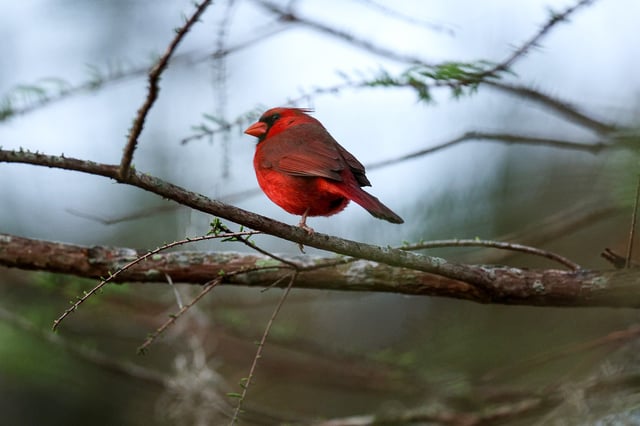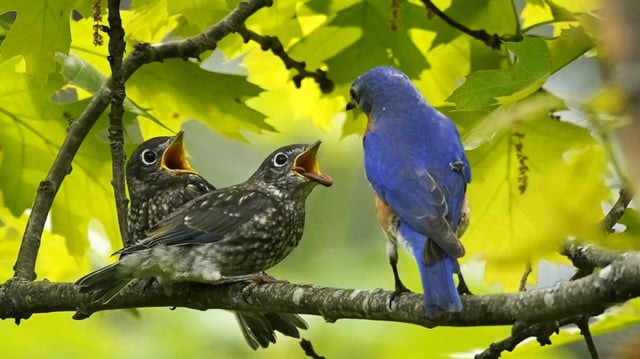Overview
- Bird populations nesting in agricultural lands are becoming increasingly affected by heatwaves, reducing their reproductive success by nearly half, according to a study examining over 150,000 nesting attempts.
- The study indicates that bird species with higher conservation concerns, such as those close to being listed as federally threatened or endangered, are more sensitive to heatwaves in agricultural areas.
- Forest-based bird populations, on the other hand, fare better in extreme heat conditions, with a 14% increased likelihood of successful reproduction due to the protective shade provided by trees.
- Birds provide critical benefits to ecosystems and agriculture by acting as pollinators, pest controllers, and fertilizers. Their decline may lead to an imbalance in these ecosystems and a potential increase in agricultural pests.
- Simple interventions like maintaining forest patches in agricultural and human-inhabited areas, or creating shaded nesting areas, could help birds withstand heatwaves. These could be critical for biodiversity conservation while also providing a more resilient biosphere.


